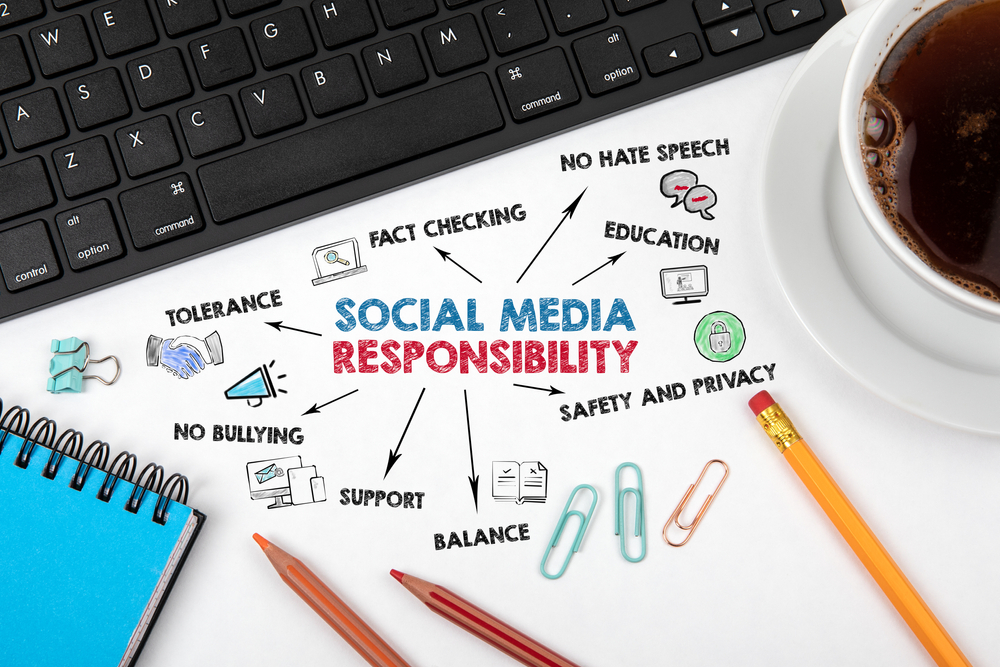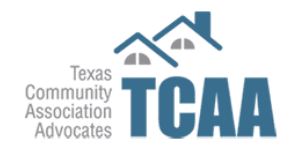In our digital age, social media has become an indispensable communication tool, transcending individual interactions like keeping up with old friends and finding its way into the realm of community associations. For homeowners’ associations (HOAs) and condo communities, embracing social media can unlock a wealth of benefits, from fostering transparency and engagement to streamlining information from an HOA management company.
Through platforms like Facebook, Twitter, and Instagram, HOAs can cultivate a dynamic virtual space where residents can stay informed, voice concerns, and participate in community discussions.
However, without proper guidelines and protocols in place, social media can become a breeding ground for misinformation, conflicts, and potential legal liabilities. This is where a team like SBB Community Management comes into play. We help you grab hold of social media best practices and keep your online footprint in compliance.
The HOA Social Media Policy
A comprehensive social media policy is the foundation upon which successful HOA online engagement is built. This crucial document serves as a roadmap, outlining clear guidelines, expectations, and boundaries for both board members and residents when engaging on social media platforms.
By establishing a social media policy, HOAs can:
- Maintain professionalism
- Protect resident and board privacy
- Mitigate legal liabilities that stem from online harassment and discrimination
- Clearly define roles, responsibilities, and consequences for policy violations
Crafting An Effective Social Media Policy
Developing a comprehensive social media policy requires careful consideration and input from key stakeholders, including board members, legal counsel, and residents. Let’s get into some of the most important elements you should consider when creating a social media policy that builds bridges between the board and owners online for your community.
Define Scope
Using Facebook, Insta, TikTok, all of them? Clearly outline which platforms, channels, and types of content the policy covers, leaving no room for ambiguity or sneaky users to find loopholes where they can spread disinformation.
Establish Roles and Responsibilities
As we mentioned, accountability is key. Identify designated individuals or teams responsible for managing the HOA’s social media accounts and monitoring content.
Set Content Guidelines
Provide clear guidelines on appropriate and inappropriate content, including language, tone, and adherence to community rules and regulations.
Within content guidelines, outline strict protocols for protecting residents’ personal information and maintaining the confidentiality of sensitive HOA matters.
Determine Response Protocols
Establish procedures for addressing complaints, resolving conflicts, and handling crisis situations that may arise on social media. When you have plans in place, you can act quickly and stop online forest fires before they spread beyond your control.
Incorporate Legal Considerations
Consult legal experts to ensure the policy aligns with applicable laws and regulations, including fair housing laws and intellectual property rights.
Social Media Best Practices For HOAs
Implementing a well-crafted social media policy is just the first step. To truly harness the power of social media, HOAs should adopt some critical best practices.
Consistency and Engagement
Maintain a consistent presence on selected platforms, regularly engaging with residents, responding to inquiries, and fostering a vibrant online community.
Transparency and Openness
Embrace transparency by sharing relevant information, updates, and decision-making processes, fostering trust and open communication.
Monitoring and Moderation
Closely monitor social media channels for inappropriate content, misinformation, or potential violations, promptly addressing issues as they arise.
Content Diversity
Offer a diverse range of content, including community news, event announcements, educational resources, and lighthearted posts to foster engagement and build a sense of community.
Common Mistakes For HOA Board Members and Social Media
While social media presents numerous opportunities for HOAs, board members often encounter challenges and potential pitfalls.
Getting Too Personal
Your board members are a team of volunteer community members. Their online presence as a member of the board can easily and mistakenly bleed into their everyday life. Ensure that board members maintain appropriate boundaries and avoid engaging in personal disputes or debates on official HOA channels.
Inconsistent Messaging
Keep the stance your board has on a subject consistent when discussing it online. Inconsistent messaging or conflicting information shared by different board members or administrators, can lead to confusion and erode trust.
Privacy and Security Breaches
Inadvertent disclosure of sensitive information or failure to properly secure social media accounts, puts residents’ and the board’s data at risk.
Legal Liabilities
Defamatory statements or misuse of social media can lead to potential legal liabilities that leave your organization vulnerable to costly lawsuits.
Maintain Compliance and Partner With SBB Community Management
At SBB Community Management, we understand the complexities and nuances of social media management for HOAs and condo associations.
Our team of professionals can assist you in developing robust social media policies, implementing best practices, and providing ongoing monitoring and moderation services. We prioritize transparency, accessibility, and legal compliance, ensuring that your community’s online presence remains a positive and inclusive space.
Partner with SBB Community Management and unlock the full potential of digital engagement while safeguarding your community’s interests. Contact us today to learn more about our management services.






